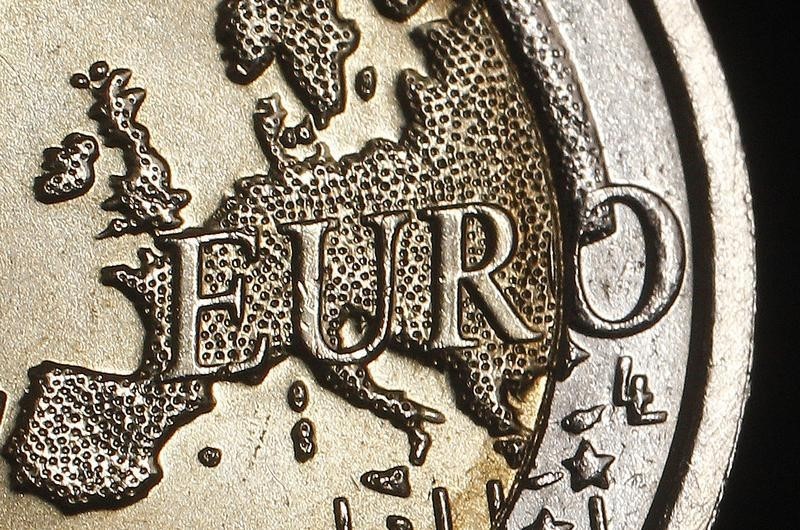Investing.com - The euro remained lower against the dollar on Wednesday after data showing that the euro area fell back into negative inflation this month, adding to pressure on the European Central Bank to enlarge its stimulus program.
Eurostat, the statistical body of the European Union, reported that the annual rate of inflation in the single currency bloc fell by 0.1% this month, compared to forecasts for a flat reading.
It was the first time in six months that the region saw declining inflation.
EUR/USD was down 0.2% to 1.1226 from around 1.1220 ahead of the report.
The decline in consumer prices was largely due to lower oil prices Eurostat said, with energy prices down 8.9% on a year-over-year basis.
The shared currency has been hit by speculation that the ECB could scale up its quantitative easing program after it cut its forecasts for growth and inflation earlier this month.
Data on Tuesday showed that annual inflation in Germany slowed to zero in September, while Spain’s consumer price index fell 0.9%, the largest fall in seven months.
The ECB launched its €60 billion-a-month asset purchase program in March to combat persistently low inflation in the euro area and it is set to run until at least September 2016.
The ECB targets inflation of close to, but just below 2%.
Another report showed that the euro zone unemployment rate remained unchanged at 11.0% in August.
The euro was higher against the softer yen, with EUR/JPY advancing 0.23% to 135.03.
The Japanese currency turned broadly lower as global equity markets stabilized following a steep selloff on Tuesday.
Asian equities rose overnight, recovering from steep losses in the previous session, sparked by ongoing fears over the effects of slowing growth in China on the global economy.
The euro index, which measures the single currency’s strength against a trade-weighted basket of currencies, was down 0.16% to 89.77.
